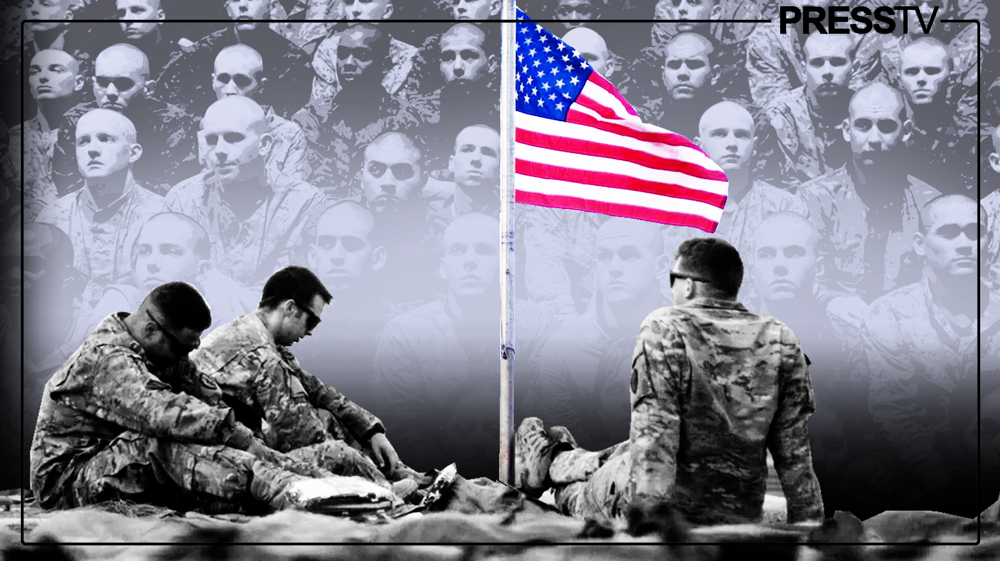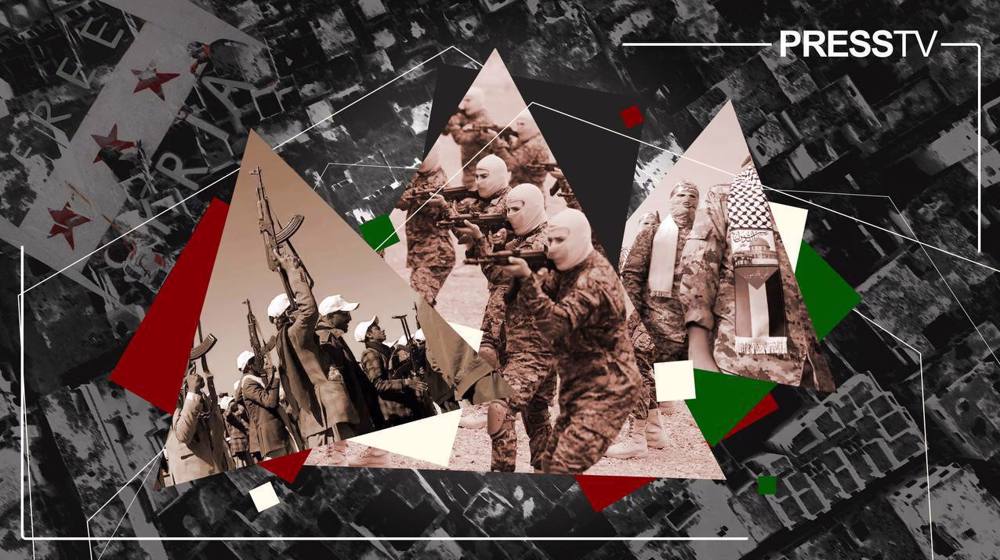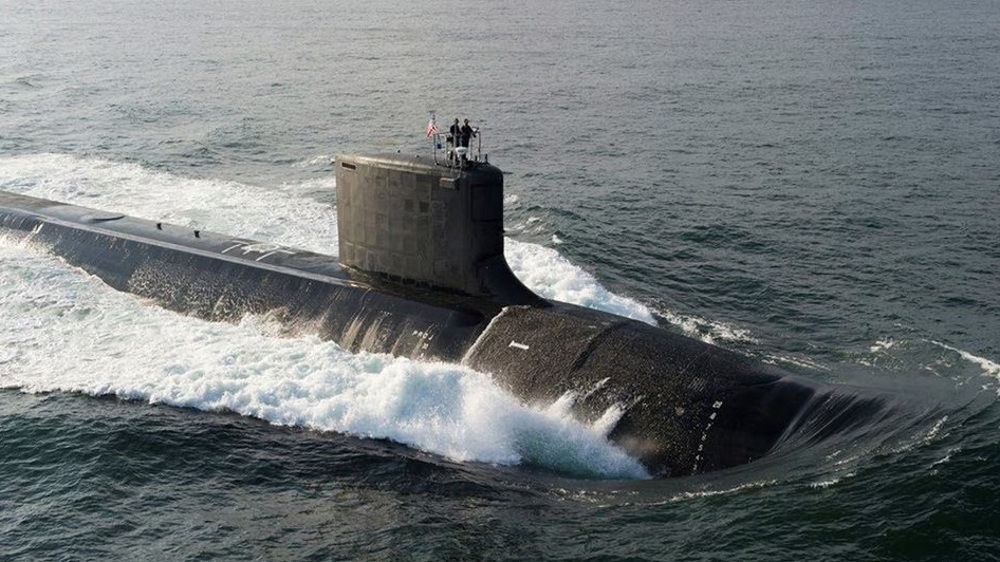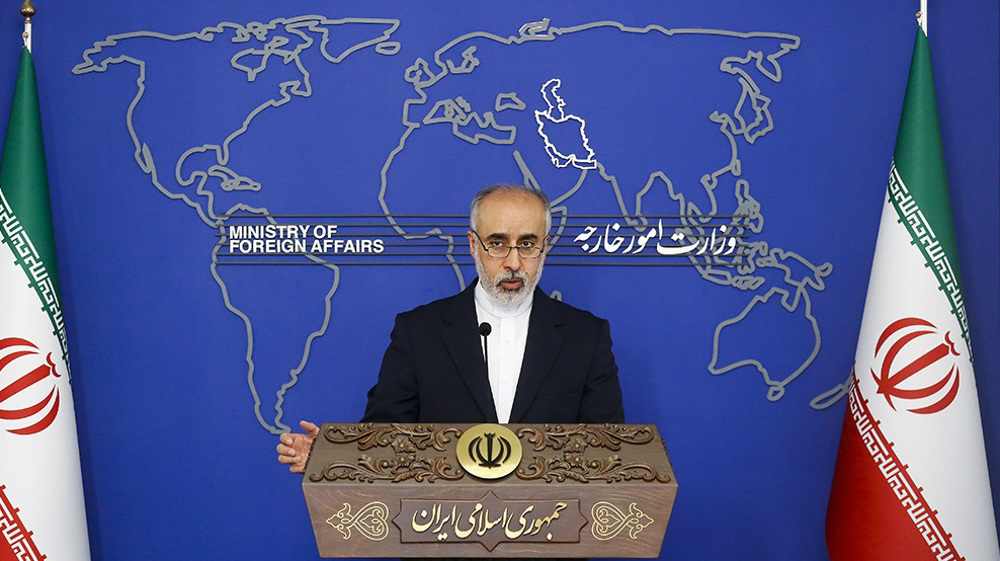US military facing recruitment crisis amid growing disdain for American wars
By Shabbir Rizvi
The US military may see a second consecutive year of failure to meet its recruitment goals.
Despite loosening restrictions, adding new “incentives,” and deploying massive promotional campaigns, various branches of the US military are struggling to enlist new personnel - a sign of not only the declining mental and physical health of Americans but also growing disdain for American wars.
Many have described the failure to meet the military’s recruitment goals as a “crisis.” After all, it was not too long ago when Americans, in a drunken flurry by the post-9/11 war drive, flocked to recruitment centers. The early 2000s saw some of the highest increase in numbers for the military.
Fast forward 20 years.
In 2022, the US Army missed its recruiting goal by 25 percent - some 15,000 soldiers. In a bid to meet its recruitment numbers, the Army invested $100,000,000 in schools meant to push potential recruitments into qualifying mental and physical shape.
This fiscal year, it is on track to cost $119,000,000 but is in danger of falling short yet again.
The US Navy also did not meet its active duty and reserve targets for 2022. It may this year - but barely, and only by severely dampening down the requirements meant to join the Navy - such as a lower passing grade for the Naval entrance exam, which has caused concern in Congress.
Lastly, the US Air Force is projected to miss its recruitment goal by 10 percent this year - despite lowering its entrance requirements, much like the Army and Navy.
What could be causing the world’s biggest military to be facing such an unprecedented crisis - especially now when the United States is potentially preparing for a war against China, while seemingly attempting to increase its military presence in West Asia and Africa?
It’s two-fold. Firstly, there is the physical condition: Americans are simply declining in health. In a memo released last year by the Army Chief of Staff, just 23 percent of 17 to 24-year-olds Americans are qualified to serve.
Poor food quality, lack of quality physical education, and the glamorization of sedentary lifestyles (video games, streaming) have disrupted the health of millions. Doctors have even gone as far as to call it a public health crisis.
But even more importantly, do Americans being eyed for recruitment agree with the wars engineered by the US military-industrial complex?
The prime recruit for the military - an 18-year-old male - would have been born in 2005, in the starting years of the US illegal invasion and occupation of Iraq, all while conducting brutal acts of terror in Afghanistan. When they were just getting started in school, NATO’s illegal bombings of Libya started. By the time they reached high school, the US was already in Syria, without invitation.
An entire existence surrounded by war, and what does America have to show for it?
In Iraq and Syria, the US started a power vacuum that led to the rise of the Daesh terrorist group. Libya’s destruction turned it into a slave market. The US fled Afghanistan, giving all of its weaponry and bases to the very group it had spent two decades (the longest war in US history) fighting - the Taliban.
Now, the US is poking its main global rivals, China and Russia. Any sensible young and informed American would have to ask, is it really worth it?
It's no surprise Washington is now actively resorting to other means to gain recruits, as the standard war propaganda is not enough as it was 20 years ago.
A recent controversial US Supreme Court ruling eliminates affirmative action - which provided an equitable pathway for minorities to enter college, given the country’s issues of systematic racism. The court deemed it “unconstitutional” - except of course, for those who served in the military.
Now, only military personnel are given an easier pathway, making it more attractive to enlist.
There is also the migration crisis started by US destabilization efforts: through economic warfare and threats of the coup, the US started a crisis resulting in thousands of migrants fleeing their homes.
Now, they have the option to strike a deal with the devil: they can become citizens so long as they serve in the military.
Perhaps most despicable of all is the military’s hand in trying to whitewash its unpopular wars. In recent years, Hollywood has released movie after movie trying to focus away from the war and rather build the rapport of the soldier.
In movies like American Sniper, all humanity is removed from whoever is on the receiving end of the barrel, and the soldier is presented as someone who is praised and loved - appealing to the mass alienation Americans feel in society.
Within the media, of course, there is the video game element. By gamifying war crimes and conveniently absolving themselves of wrongdoing, the military’s hand in video games not only erases the dark history of its crimes but in fact makes it exciting for unsuspecting young gamers.
The nefarious recruitment process has always started early with military recruiters entering high schools to demonstrate the military as a “career path.”
Make no mistake: the failure to meet its numbers will result in even more aggressive recruitment practices. Americans will likely experience a more engaged military presence in parades, sports events, concerts, movies and more.
The military is actively reinventing itself to mirror “progressive” values - hoping to exert “America’s image” on the rest of the world. This, of course, will first involve whitewashing its laundry list of crimes, something it is already fiercely doing through media hurdles.
The question now is, will Americans be able to see through the propaganda, or will they repeat the previous generations' actions in the face of ongoing warmongering from Washington?
Shabbir Rizvi is a Chicago-based political analyst with a focus on US internal security and foreign policy.
(The views expressed in this article do not necessarily reflect those of Press TV
Hind Rajab Foundation names Israeli war criminals vacationing after Gaza genocide
'This is cruelty, not war,' Pope Francis slams Israel's brutality against Gaza children
IRGC intelligence forces bust Takfiri terrorist team in western Iran
Syria’s de facto new ruler names Asaad al-Shibani as foreign minister
How 8-year-old Lebanese child Fawaz nixed Ben Gurion’s 76-year-old fallacy
VIDEO | 700,000 Cubans rally at US embassy in Havana against trade embargo
Iranian embassy staffer assassinated by terrorists in Damascus
VIDEO | Press TV's News Headlines














 This makes it easy to access the Press TV website
This makes it easy to access the Press TV website